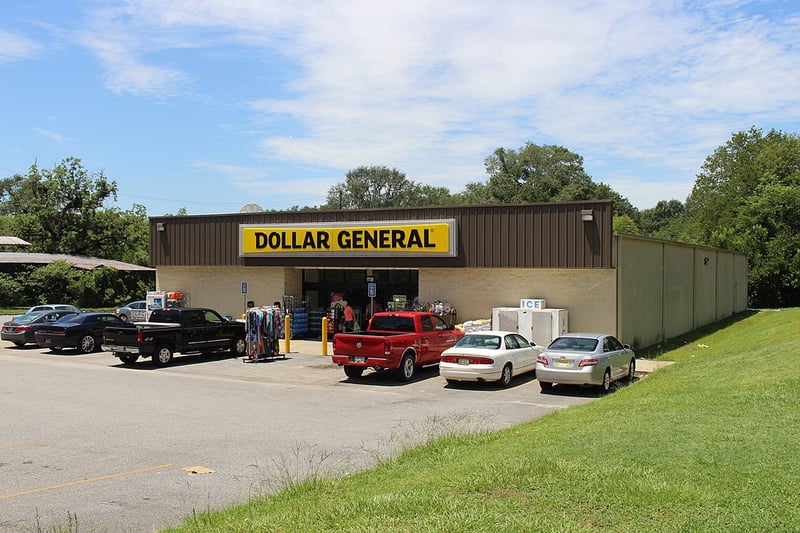(CN) — The beginning of the end of David Perdue’s tenure as CEO of Dollar General was a 90-minute meeting in June 2006 with executives of a private equity firm.
Mike Calbert, an executive with Kohlberg Kravis Roberts and Co., the company that eventually bought Dollar General and took it private in 2007, called that first meeting in San Francisco between private equity executives and the man currently running for Georgia governor a class in “Private Equity 101."
“It was kind of the basic first meeting that we would have with a CEO who’s thinking about different alternatives for his company,” Calbert testified in July 2008 during deposition for a suit by Dollar General shareholders, quoting Perdue as having asked about how a buyout works.
As the meeting drew to a close, according to Calbert, Perdue asked if Kohlberg Kravis Roberts would begin pursuing due diligence. “One of the things that we suggested to David, just given our experience in these situations, is that he should go talk to his board, and a CEO shouldn’t get out in front of his board,” Calbert said. “We highly recommended that.”
In a publicly traded company such as Dollar General, the owners of the company — the shareholders — let the board of directors control the company. That board, in turn, hands over management of the company to individuals such as the CEO.
But unsealed court records suggest it was months before the Dollar General board fully learned of Perdue’s communications with KKR.
Dollar General announced that it would go private in March 2007, selling to KKR for $7.3 billion. When a group of shareholders filed several suits protesting the sale, they accused Perdue of breaching his fiduciary duties and engaging in misconduct.
The cases were consolidated before a judge in Tennessee, but the parties managed to settle while a motion for summary judgment was still pending. The two sides exchanged documents. Perdue had answered questions under oath in two depositions but many of the key documents in the case sat under seal.
Courthouse News, with the help of the Reporters Committee for the Freedom of the Press, sought the unsealing of these documents in December 2020. With no objection from the parties, the judge ordered the case unsealed in July 2021.
The records detail some of Perdue’s last remaining months at Dollar General: his private equity meeting that allegedly occurred without full notice to the board to which he reported, his alleged disclosure of confidential information about board deliberations, and his final ouster from the deal as it reached its close.

In their brief opposing the motion for summary judgment in the case, the shareholders said personal greed of management corrupted the sale of the company.
“[The] record evidences serious misconduct by Dollar General’s CEO and Chairman of the Board of Directors, David Perdue, in a sales process that favored KKR to the detriment of Dollar General’s public shareholders,” said the shareholders, who were represented by the Nashville firm Barrett, Johnston & Parsley.
Whether on the campaign trail during his run for governor of Georgia or previously as a single-term U.S. senator, Purdue has cited his experience as CEO of various companies. In his video announcing his gubernatorial candidacy just last month, Perdue said: “I’ve spent my whole life in the real world, getting results and creating thousands of jobs. The values and work ethic I learned growing up in middle Georgia have guided me all my life.”
The campaign responded to a list of questions about specifics from Perdue’s career with a statement nearly identical to the one it provided to Courthouse News a year ago: Perdue opened more than 2,000 stores and created almost 20,000 jobs as the first CEO who was not a member of the family that founded during the Great Depression the company that would become Dollar General.










